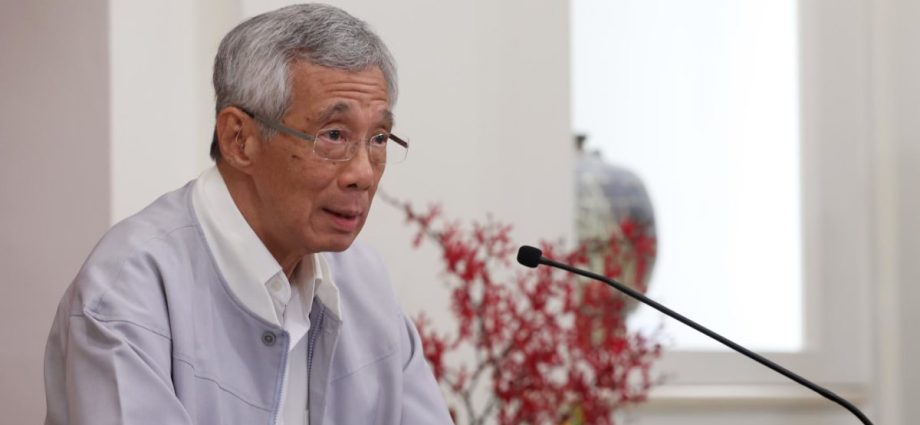
IMPACT ON UPCOMING ELECTIONS
The spate of incidents comes as the race for the presidential election, expected later this year, heats up. The next general election is also expected to be called by next year, since this parliament will have to be dissolved by February 2025.
Former Senior Minister Tharman Shanmugaratnam and businessman George Goh have announced that they intend to run for President.
The timing of the controversies is “very unfortunate”, and will have an impact on both the presidential election and general election, said Dr Tan.
He stressed that even though the President represents Singapore and not party politics, Mr Tharman is closely associated with the PAP.
“To say that he didn’t know about this, would bring a lot of doubts about whether he is being transparent, or is he being avoidant?” said Dr Tan.
“This will have an impact on those who are going to vote in this presidential election. Do they want somebody previously from the ruling party, or do they want an independent candidate, if there is even an election this time around?”
The PAP’s controversies could also affect the passing of the leadership baton to the 4G leaders at the next general elections, he added.
“Are they capable enough to take over? If they can’t even resolve … all these controversies at this point in time, how ready are they to take over from the 3G leaders?”
Alternatively, the Prime Minister could be “holding the fort” and “trying to clear all these outstanding issues” before he hands over party leadership to Mr Wong, said Dr Tan.
“What this would mean is that DPM Wong starts afresh with a new team, with completely other problems and other issues that might plague him in the future, we do not know. But all these issues are considered as past issues that (were) under the jurisdiction of PM Lee.”
The people involved in the current controversies – from both parties – contested in hot seats at the previous general election, Dr Tan noted.
Mr Iswaran is part of West Coast GRC, where the Progress Singapore Party finished with 48.31 per cent of the votes, just 3.38 percentage points behind the PAP. Mr Tan was a member of the PAP’s Marine Parade team, which was also contested by the WP.
Mr Perera is a member of Aljunied GRC, and Ms Seah contested in East Coast GRC opposite Deputy Prime Minister Heng Swee Keat. Mr Tharman’s decision to run for president also leaves a seat open in Jurong GRC, and Ms Raeesah Khan’s resignation from WP left a seat open in Sengkang GRC, which the party took for the first time in the 2020 general elections.
“(The controversies) will come back in the next general election, it will definitely be flagged up,” said Dr Tan.
Other analysts did not expect the impact of the PAP’s controversies to be significant for the presidential election.
“Mr Tharman is seen very much as his own man” and “independent”, said SMU’s Assoc Prof Tan. He added that Mr Tharman is “not involved in the party matters”, having stepped down from the PAP’s central executive committee in 2018.
“If anything, he might be seen as the person who is best placed to ensure that key appointments are robustly scrutinised,” he added.
Constitutionally, the president’s powers are “highly limited” and are not related to the controversies that have come up, “unless it is a case of corruption the CPIB is investigating and needs the President’s concurrence over the Prime Minister”, said NUS’ Assoc Prof Chong.
Dr Koh said that Singapore’s political system will go through a period of “thinking about what matters, and what are the sorts of conduct we expect of our leaders, our political parties, and performance in national and local government”.

